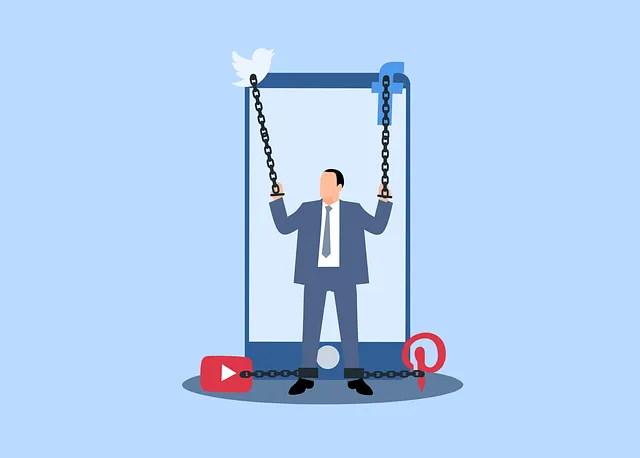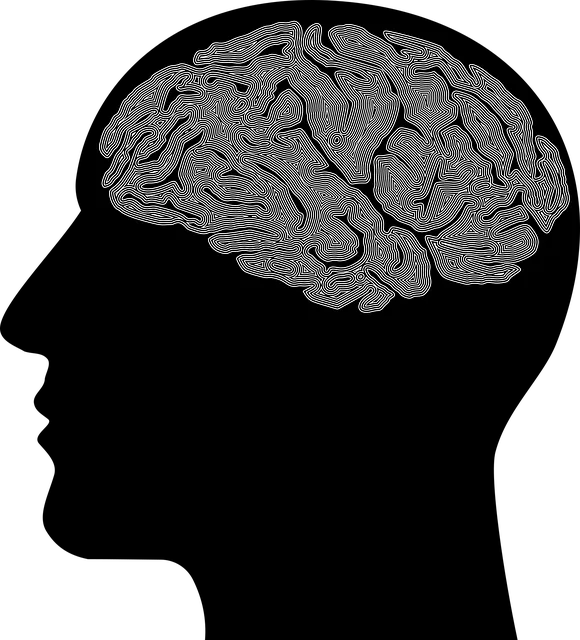Centennial Kaiser Permanente Psychiatry prioritizes patient safety through comprehensive risk assessment and harm minimization strategies. They integrate evidence-based methods, patient history, treatment plans, and environmental factors to develop effective risk management. Mindfulness meditation is promoted to prevent staff burnout, emphasizing a holistic approach to mental wellness. Through mood management techniques, journaling exercises, stress workshops, and continuous feedback loops, patients actively engage in their care, fostering resilience and enhancing traditional treatments. This patient-centric approach, combined with self-esteem improvement and social skills training, creates a supportive community that adapts to dynamic challenges, ensuring optimal mental health outcomes for all.
At Centennial Kaiser Permanente Psychiatry, understanding risk assessment is paramount for patient safety. This article delves into the essential practices of risk evaluation and harm minimization planning. We explore how healthcare professionals at Centennial Kaiser Permanente Psychiatry conduct comprehensive assessments, develop strategic plans, and implement continuous improvement strategies to mitigate risks effectively. By integrating these approaches, the institution ensures a proactive and patient-centered approach to mental health care.
- Understanding Risk Assessment at Centennial Kaiser Permanente Psychiatry
- Developing a Comprehensive Harm Minimization Plan
- Implementation and Continuous Improvement Strategies
Understanding Risk Assessment at Centennial Kaiser Permanente Psychiatry

At Centennial Kaiser Permanente Psychiatry, risk assessment is a cornerstone of patient care. It involves meticulously evaluating potential hazards within our healthcare setting that could adversely affect patients’ mental well-being. This proactive approach ensures that we identify and mitigate risks early on, aligning with our commitment to harm minimization planning. We employ evidence-based methods, integrating factors like patient history, treatment plans, and environmental considerations to craft comprehensive risk management strategies.
Our team recognizes the significant impact of burnout on healthcare providers’ mental health, which can indirectly influence patient outcomes. To address this, we champion mindfulness meditation as a Burnout Prevention Strategy for Healthcare Providers. By fostering a culture that prioritizes mental well-being through Mindfulness Meditation and Mental Health Policy Analysis and Advocacy, Centennial Kaiser Permanente Psychiatry strives to create a supportive environment that not only prevents harm but also promotes holistic healing.
Developing a Comprehensive Harm Minimization Plan

Developing a comprehensive harm minimization plan is a proactive step towards ensuring the well-being and safety of individuals within the healthcare setting, specifically at Centennial Kaiser Permanente Psychiatry. This involves a systematic approach to identifying potential risks and implementing strategies to mitigate them effectively. The process begins with a thorough assessment of various factors that could contribute to adverse outcomes, including but not limited to patient history, medication interactions, and environmental hazards.
By integrating mood management techniques, mental wellness journaling exercises, and stress management workshops, the organization can empower individuals to take an active role in their care. These initiatives complement traditional treatments, fostering a holistic environment where patients develop skills to navigate challenges and promote their own mental wellness. Centering on harm minimization planning allows Centennial Kaiser Permanente Psychiatry to provide exceptional care while ensuring the long-term mental health and resilience of its patients.
Implementation and Continuous Improvement Strategies

Implementing risk assessment and harm minimization strategies requires a proactive approach, especially in healthcare institutions like Centennial Kaiser Permanente psychiatry. One effective strategy is to establish an ongoing feedback loop where patient experiences and outcomes are regularly reviewed. This involves encouraging patients to participate actively in their care through Mental Wellness Journaling Exercises, providing guidance on tracking symptoms and progress. By fostering open communication, healthcare providers can gain valuable insights into potential risks and areas for improvement.
Additionally, integrating Self-Esteem Improvement initiatives and Social Skills Training programs can significantly enhance patient well-being. These interventions not only empower individuals to manage their mental health effectively but also contribute to a supportive community within the healthcare setting. Continuous improvement is achieved through adaptive planning, ensuring that strategies remain relevant and effective in addressing evolving challenges, much like a dynamic symphony that adapts to the changing times.
Risk assessment and harm minimization planning are vital components of ensuring patient safety and well-being at institutions like Centennial Kaiser Permanente Psychiatry. By understanding risk factors, developing comprehensive strategies, and implementing effective plans, healthcare providers can create a more secure environment. Continuous improvement through regular review and adaptation is key to staying ahead of potential risks. This proactive approach not only aligns with the highest standards of care but also fosters a culture of patient-centric excellence within Centennial Kaiser Permanente psychiatry.





